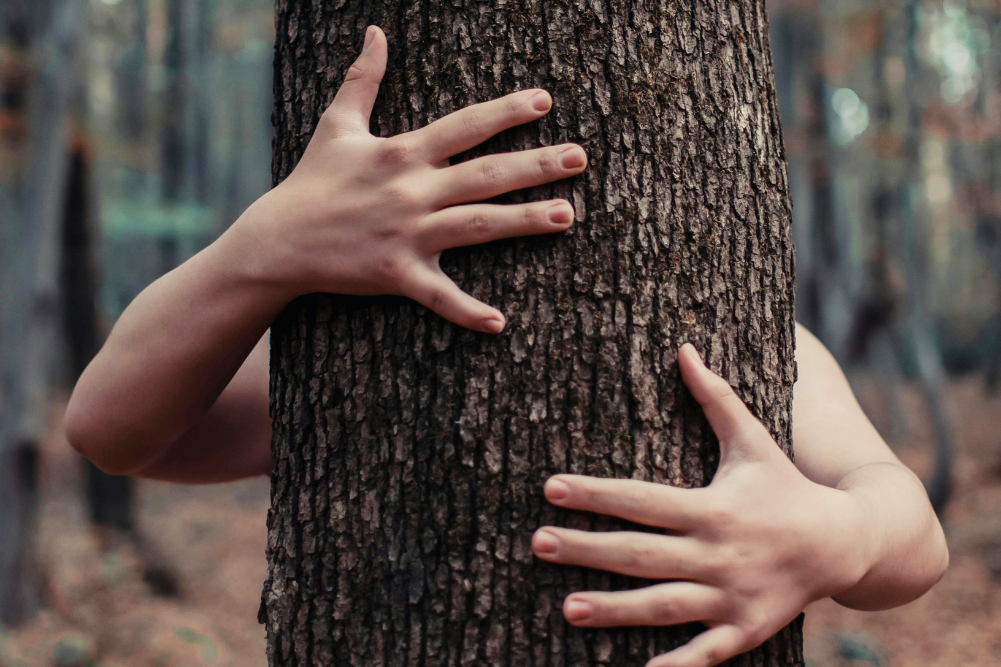Climate change boosts hay fever
Spring is just around the corner and that means birds will be on the wing and snails will be on the thorn and by some estimates, that will mean all will be right with the world unless…you are one of the estimated 26 per cent of Australians who suffer from hay fever. That’s a lot of people sneezing and snuffling but the worrying thing is that a new study has shown that climate change could drive a dramatic increase in hay fever.
Hay fever is essentially an allergic reaction to pollen and the type of pollen you are allergic to can be determined by the time your hay fever is at its worst. Tree pollen is released during spring, grass pollen is released at the end of spring and early summer, and pollen from weeds (such as ragweed) tends to be released in late summer into autumn. In Australia there are number of weeds that contribute to hay fever.
Pellitory weed was introduced in a shipload of marble from Italy in the early 1900s and is mainly found in Sydney. Paterson’s Curse (Echium plantagineum) was deliberately brought from England in the late 1800’s by Dr Paterson and has overtaken large tracts of pasture in rural Australia and produces highly allergenic pollen. Ragweed and Parthenium weed were introduced in pasture seed imported from the United States and have spread throughout Queensland and northern New South Wales. Ragweed pollen is higly allergenic and a single ragweed plant can produce billions of pollen grains per season. It is ragweed that was the focus of the new study.
The new study was European and the researchers created maps of ragweed pollen counts over the ragweed season in Europe and combined them with data on where people live and levels of allergy in the population. Basing calculations on the fact that climate change will lengthen the ragweed pollen season and increase ragweed pollen concentrations the researchers say that allergy ragweed pollen is likely to double by as soon as 2050.
Although this was a European study the basic message hold true around the world…climate change is nothing to be sneezed at.
Source: Environmental Health Perspectives








